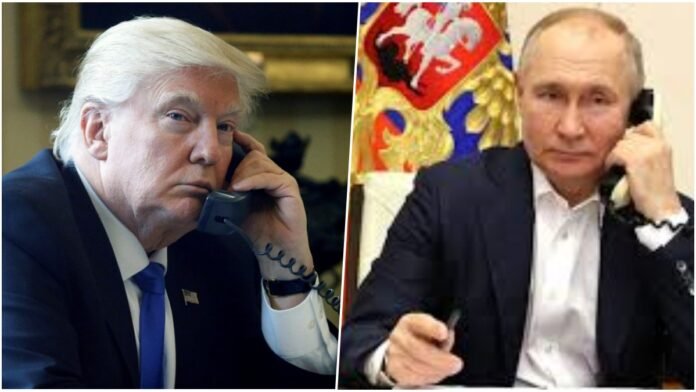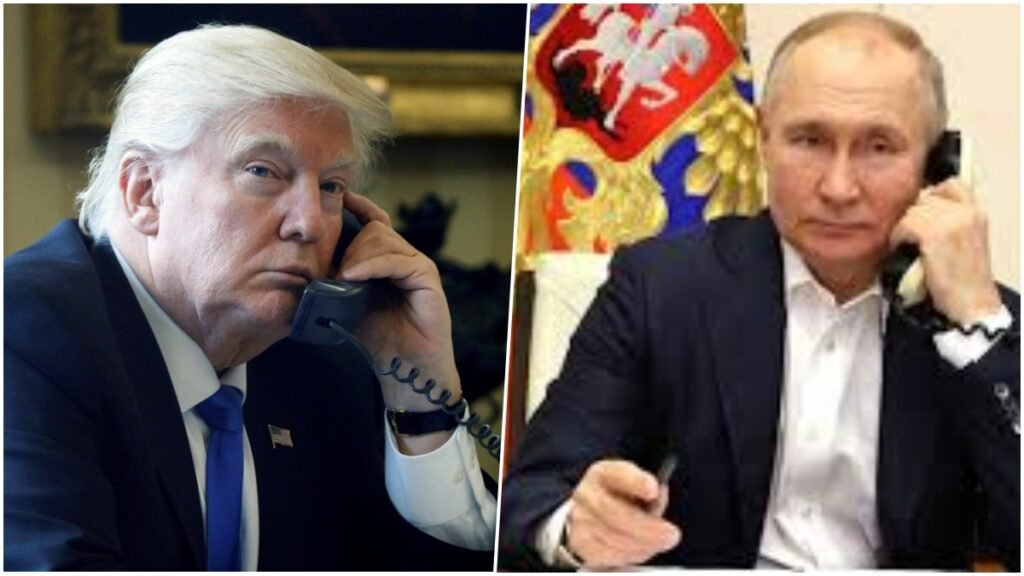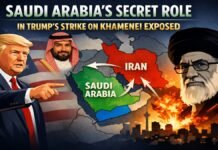
Moscow: On Monday, the Kremlin emphatically dismissed a recent report by The Washington Post claiming that U.S. President-elect Donald Trump and Russian President Vladimir Putin had discussed the escalating Ukraine crisis. Kremlin spokesperson Dmitry Peskov characterized the article as “completely untrue” and “false information,” asserting that no such conversation had occurred.
The Washington Post article, published on Sunday, cited unnamed sources close to the matter who claimed that Trump had engaged with Putin for the first time since his election victory. According to the report, Trump allegedly warned Putin against escalating the conflict in Ukraine and highlighted the strength of U.S. military forces stationed across Europe. In response, Peskov dismissed the account, saying, “This is the most obvious example of the quality of information now being published, even by fairly reputable outlets. It’s pure fiction.”
Peskov clarified that no formal discussions or talks are planned between Putin and Trump, underscoring that any claims of a recent conversation between the two leaders are baseless. He noted that false reports like this add to public confusion regarding Trump’s potential strategies on Ukraine and Russia.
The report stirred fresh questions around Trump’s campaign promise to bring a swift end to the Russia-Ukraine conflict. Known for his unconventional diplomatic approach, Trump has previously expressed that he could negotiate peace between Moscow and Kyiv. Sources familiar with his private discussions have indicated he is open to a compromise that would allow Russia to retain some of the territories it has taken in Ukraine, a stance that has already raised significant debate among international diplomats.
The Washington Post further claimed that Trump had spoken with Putin from his Mar-a-Lago estate in Florida and hinted at a follow-up discussion aimed at achieving a “peaceful resolution” in Ukraine soon after his inauguration in January. Trump reportedly expressed eagerness for collaborative efforts to promote stability in Eastern Europe, an area now deeply affected by the protracted conflict.

As speculation builds, both in the U.S. and internationally, Trump’s pledge to end the Russia-Ukraine war will be a closely watched aspect of his foreign policy agenda. However, the lack of confirmed communication between him and Putin leaves much uncertain about his next steps.




















































